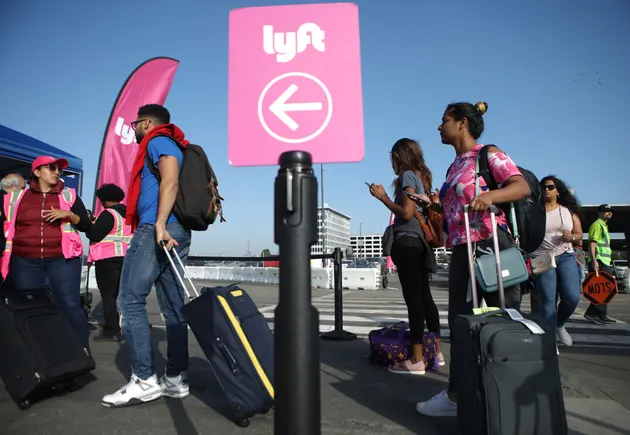New Legislation Aims to Keep Call Centers in America
On August 12, 2025, the Keep Call Centers in America Act was introduced in the U.S. House of Representatives. This bill seeks to prevent companies from moving contact centers overseas and retain jobs within the United States.
Key Provisions of the Keep Call Centers in America Act
- The U.S. Department of Labor must maintain a public list of employers operating contact centers outside the U.S.
- Companies relocating call centers overseas become ineligible for federal grants or loans.
- Financial penalties for employers with overseas contact centers.
- Agents must disclose their location upon request and transfer customers to U.S.-based agents.
- Organizations must disclose when artificial intelligence (AI) is used in customer service and transfer to a human U.S. agent if requested.
Gartner quickly responded with a research note titled “How Service Leaders Can Prepare for the Keep Call Centres in America Act.” Deborah Alvord, a Vice President Analyst at Gartner, highlighted that the bill could have profound implications, even if its passage is uncertain.
Cost Savings and Offshore Operations
Companies often use offshore contact centers to save 20% to 40% in operational costs. Alvord and her team argue that organizations won't easily give up these savings. Instead, the legislation might push them to accelerate investments in automated and AI solutions, reducing the need for expensive U.S.-based agents.
 The U.S. Capitol Dome. (Photo by Win McNamee/Getty Images)
The U.S. Capitol Dome. (Photo by Win McNamee/Getty Images)
Challenges in Onshoring Customer Service
Even if companies wanted to bring operations back to the U.S., it might not be straightforward. U.S. unemployment is historically low, and demand for qualified customer service talent is high. According to Randstad, customer service representative is the most in-demand role in 2025.
The HIRE Act: Another Approach
On the same day, the Halting International Relocation of Employment Act (HIRE Act) was introduced in the U.S. Senate. It also aims to curb offshoring but includes:
- A 25% tax on outsourcing payments.
- Creation of a Domestic Workforce Fund to support apprenticeships and workforce development.
- Prohibitions on deducting outsourcing payments.
- Penalties of up to 50% per month on unpaid taxes.
Expert Opinions on Bill Passage
Sebastian Menutti of Frost & Sullivan doubts either bill will pass, noting that similar acts have failed in the past due to opposition from large corporations and potential cost increases for consumers.
Craig Crisler, CEO of Support Ninja, calls the Keep Call Centers in America Act “more symbolic than imminent,” citing past failures and expected business lobbying for amendments.
Expected Corporate Responses
Despite uncertainty, experts don't expect brands to wait. Crisler predicts companies will lobby for hybrid models and accelerate automation and AI adoption to offset higher domestic labor costs.
Alvord agrees, stating that organizations will likely become more aggressive in eliminating offshore interactions by investing in technology, shifting to self-service and AI, and reducing human support demand.
Impact on Customer Experience
Consumer experiences with digital and AI services have been mixed. With over half of consumers willing to switch after one poor experience, there's increased pressure to develop more effective, intuitive, and better-tested digital and AI-powered experiences.







Comments
Join Our Community
Sign up to share your thoughts, engage with others, and become part of our growing community.
No comments yet
Be the first to share your thoughts and start the conversation!